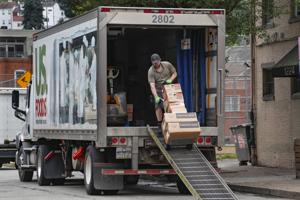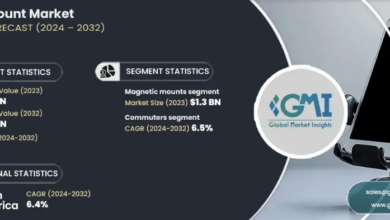Pennsylvania lawmakers aim to dig into implications of minimum wage hike proposal

(The Center Square) – Gov. Tom Wolf’s continued call to increase Pennsylvania’s minimum wage was scrutinized at a recent budget hearing with the head of the state’s Independent Fiscal Office.
Wolf’s proposal includes an instantaneous increase in the minimum wage, from the federal minimum of $7.25 per hour in July to $12 per hour. Thereafter, Wolf is proposing 50-cent hourly increases in the minimum wage each year before reaching a $15-per-hour threshold in 2027.
But the would-be hike comes alongside a number of other weighty issues on the jobs front, including indications unemployment will be a challenge for years to come. The state’s fiscal condition also has been a concern legislators have raised.
At the state Senate Appropriations Committee on March 8, Matthew Knittel, director of the IFO, also gave the panel a sobering statistic a year after COVID-19 was declared a pandemic: Pennsylvania shed 470,000 jobs this past year, and the recovery could take years.
“They will be permanent,” Knittel said of the statistics. “They won’t be recouped until 2026, we feel.”
The discussions led some Senate committee members to opine on the virtues of raising the minimum wage against the backdrop of the projection; others, meanwhile, said business-friendly overtures and job training are more important than ever.
State Sen. Vincent Hughes, D-Philadelphia, said the need for raising the minimum wage is urgent. He prefaced his remarks by pointing out a full-time minimum-wage earner in Pennsylvania makes $290 per week.
“We are mandating poverty to keep people at $7.25 per hour,” said Hughes, who serves as the committee’s minority chair. “There’s a moral question that we need to factor in here. What does poverty mean to an economy?”
State Sen. Sharif Street, D-Philadelphia, also weighed in on the minimum wage hike proposal at the hearing. Street said the increase would improve consumer spending in the lower and middle class – both categories of people, he said, who tend to spend locally.
“We do believe if you increase the minimum wage, it will increase the economy,” Knittel said, in response.
But other lawmakers maintained a different perspective on the matter, asserting minimum-wage jobs never were intended to be family supporting.
State Sen. Joe Pittman, R-Indiana, said a minimum wage increase, particularly to the magnitude Wolf is proposing, could result in a number of ripple effects to employers.
Such nonprofits as food banks and social services agencies could take hard hits, said Pittman, who asked Knittel to conduct an analysis on the proposed minimum wage hike and how it would have an immediate impact on different sectors.
“I think that would be an important context to have,” Pittman said.
While much of the minimum wage discussion has focused on livable wages, state Sen. Bob Mensch, R-Red Hill, said he was concerned with the population group just entering the job market.
Reportedly, workers age 25 and below lost twice as many of the state’s 470,000 jobs as residents age 26 and up.
“I’m particularly concerned about the youth,” Mensch said.
While job training was a common talking point pre-pandemic, Knittel said it is even more important at a time of immense disruption. To that end, he said his office is in the process of assembling a report, due out next month, on how the state can address job needs of the future.
“The labor market is very different now that it was in 2019,” Knittel said.
Disclaimer: This content is distributed by The Center Square



